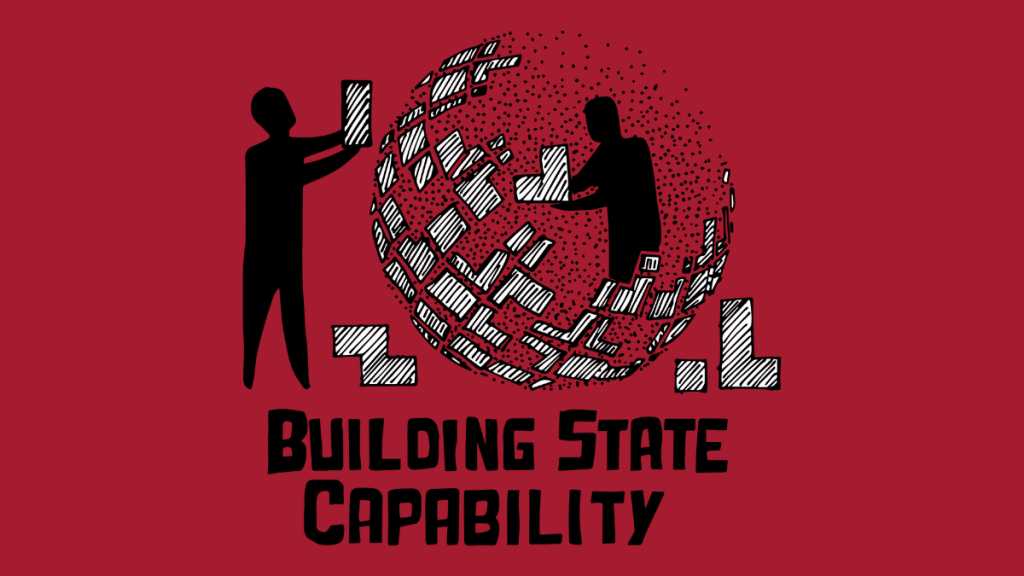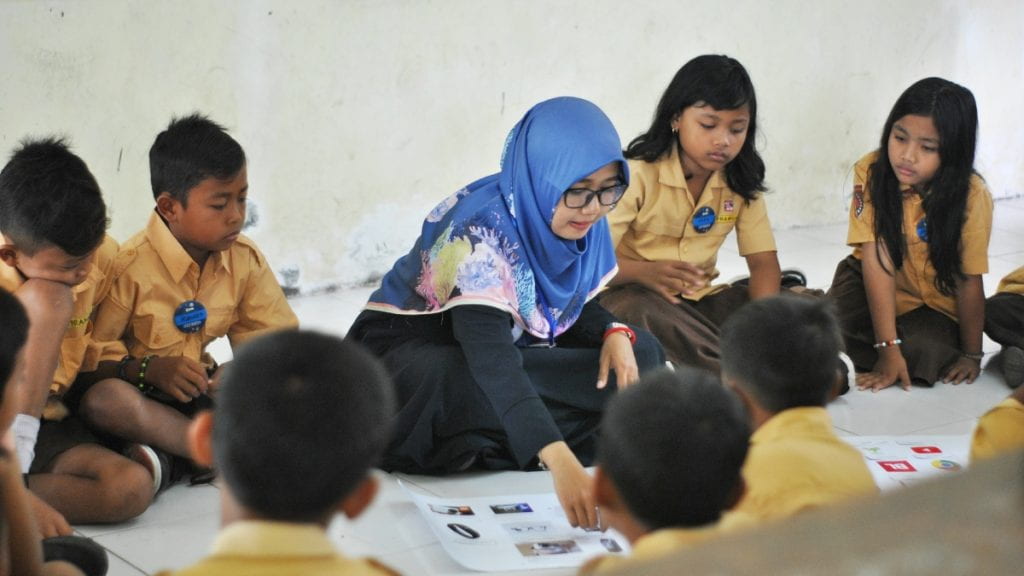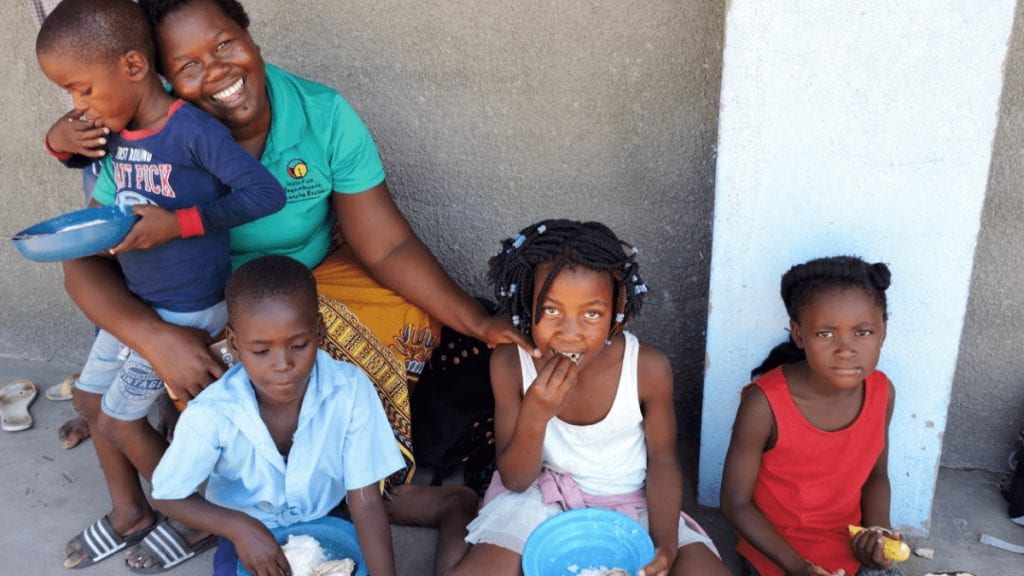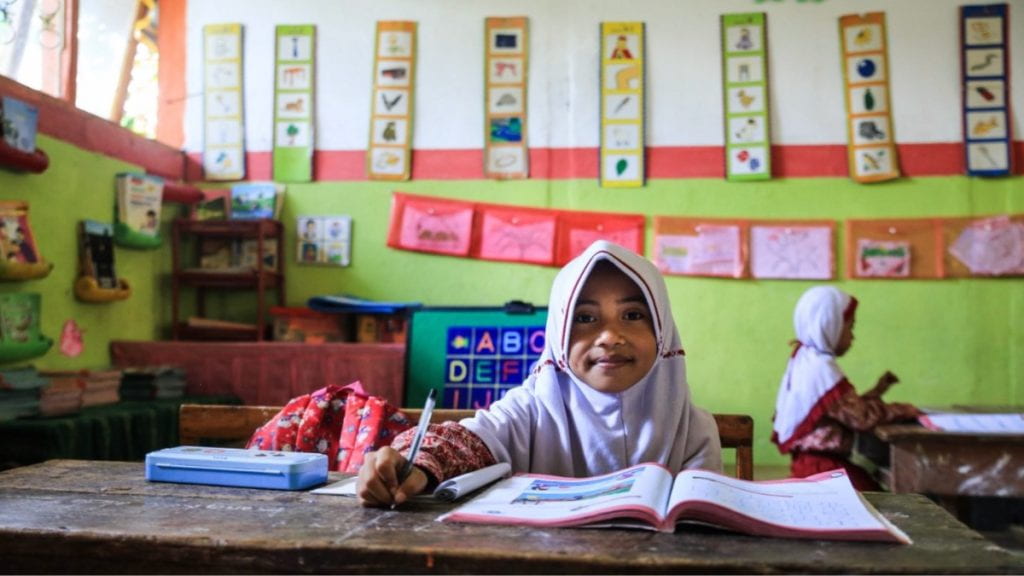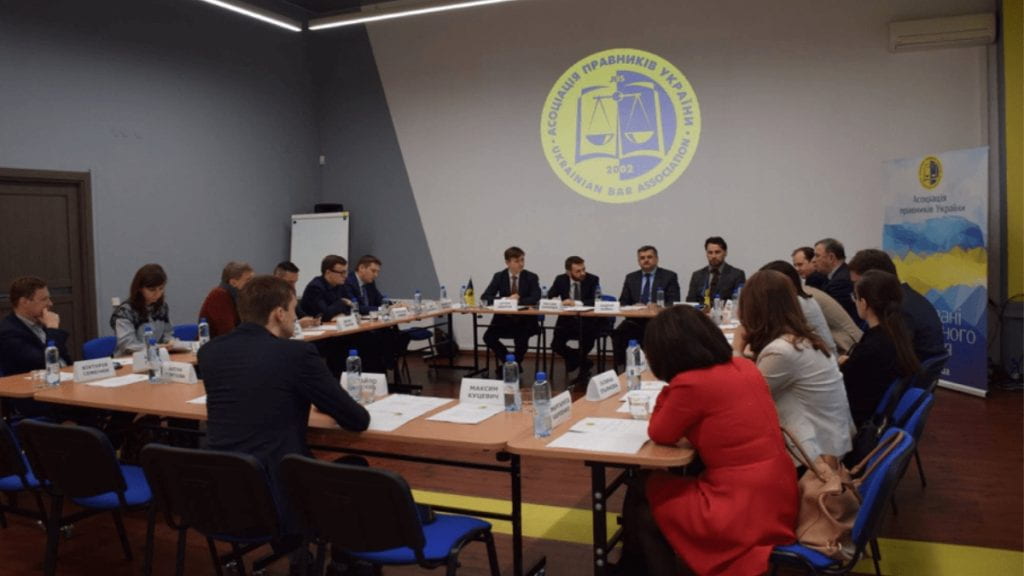Guest blog written by George Adam Sukoco Sikatan, Lanny Octavia, Sarah Ayu, Wahyu Setioko This is a team of development practitioners who work for INOVASI and DFAT in Indonesia. They successfully completed the 15-week Practice of PDIA online course that ended in May 2019. This is their story. It is at last the final week of the…Continue Reading Local Problems, Local Solutions to the Indonesian Education Sector
Local Problems, Local Solutions to the Indonesian Education Sector

